Description
CLEGK3 – Legionella Kit – MM2008 Handheld Digital Thermometer with Integral Timer, KS20-S Dual Surface/Immersion Probe and Pouch. An ideal kit for water temperature testing to aid legionella prevention.
Features
Handheld
• Integral Timer for 1 and 2 minute countdown
• Measurement Range: -200 to 1,372°C (probe dependant)
• Single Input Thermocouple
• High Accuracy +/-0.1% of Reading +/-0.2°C
• IP67 Waterproof Casing – What does this mean?
• C/F Selectable
• Selectable Thermocouple Types: K & T
• Low Battery Indication
• Self-Calibrating
• Thermometer can be used with other 2-pin K or T Type Thermocouple Probes
• 2 Year Warranty against manufacturing defects
• Eligibile for the TME Thermometer For Life Scheme
• Made in Britain
Included
FREE UKAS Traceable Certificate at points 0, +50 and 150 °C*
Rubber Boot for extra protection against damage
1 x PP3 Battery
Pouch
Probe
• K Type Thermocouple Class I (±1.5°C ±0.25%)
• Measurement Range: -50 to + 80°C
• Measures 115 x 12mm
• Dual Purpose for liquid and surface temperature measurement
• Crossed Ribbon sensor offering superior strength and speed
• Silicon Rubber compound infill to ensure the probe is fully waterproof.
• Cable Length is 2m of curly polyurethane with moulded connector
Note: This probe only requires light pressure to give a true reading and is suitable for smooth, clean surfaces. If used on an uneven surface, there is a risk that the band will be weakened and deformed.
Contents
MM2008 – Legionella Thermometer with Integral Water Temperature Timer
KS20-SHigh Speed Dual Surface/Immersion Probe
Pouch for Thermometer and Probe
* Please note: Temperature points included in the free certificate cannot be changed or added to. The certificate applies only to the handheld thermometer
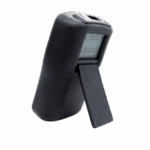 Do you want to be able to stand your MM thermometer on a bench or worksurface?
Do you want to be able to stand your MM thermometer on a bench or worksurface?
We have a brilliant little add-on to achieve just that. Click on this link to see the MMStand

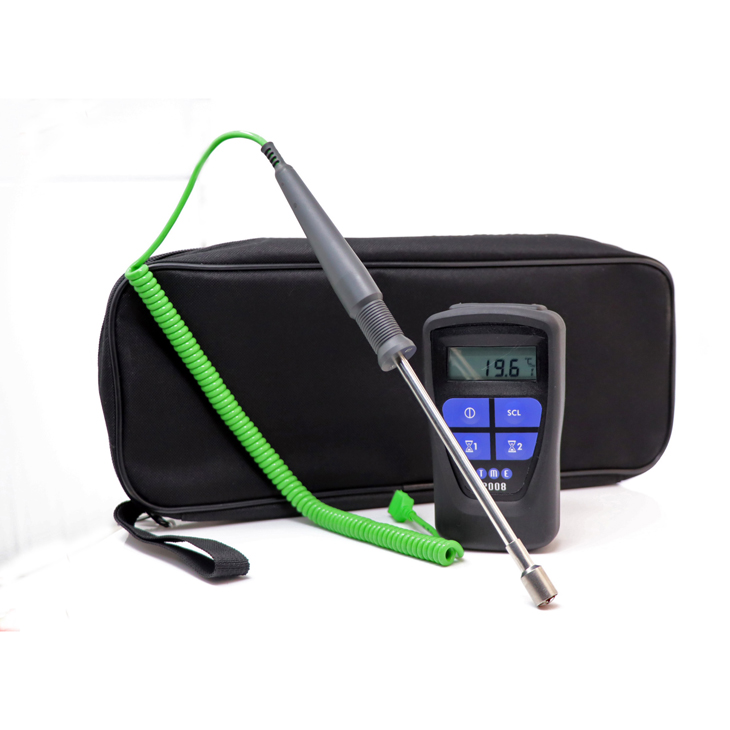
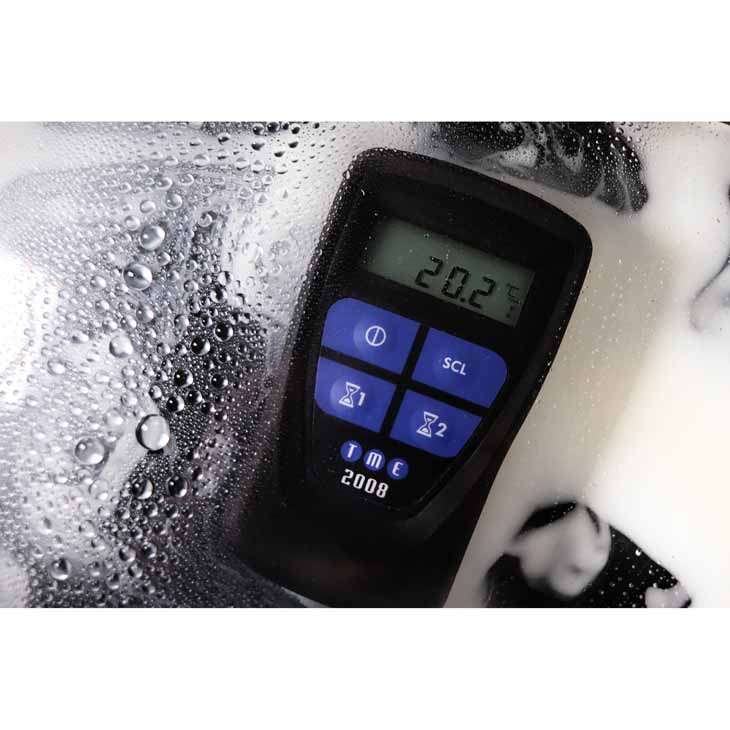
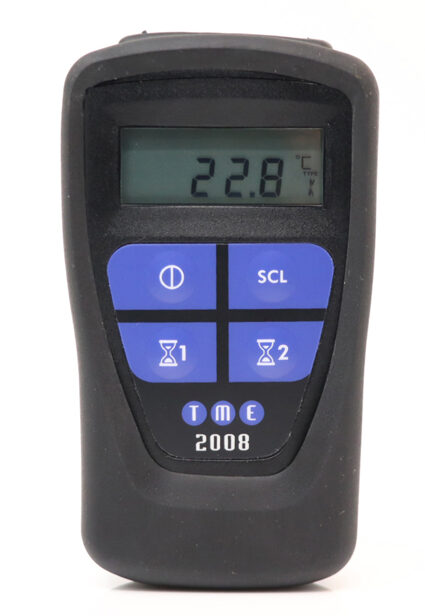
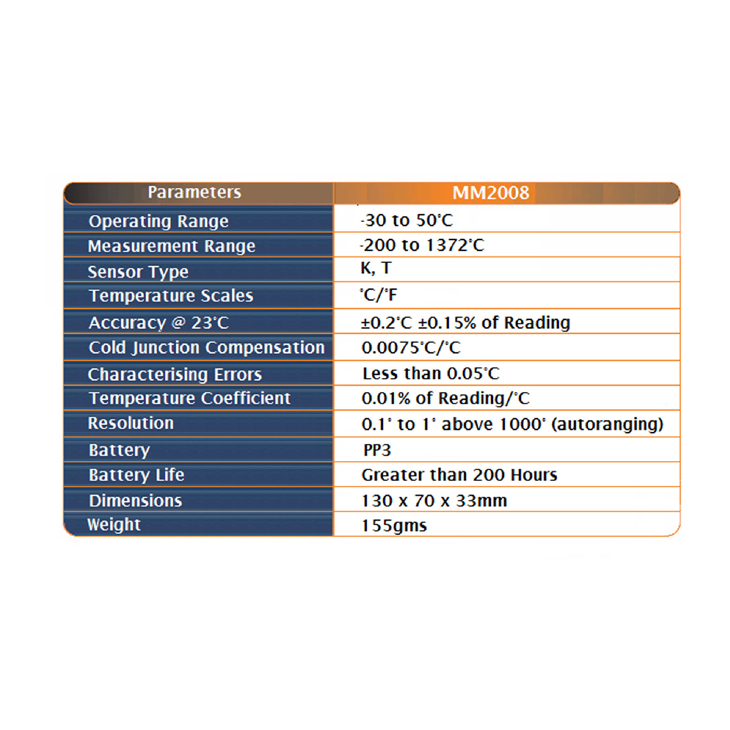
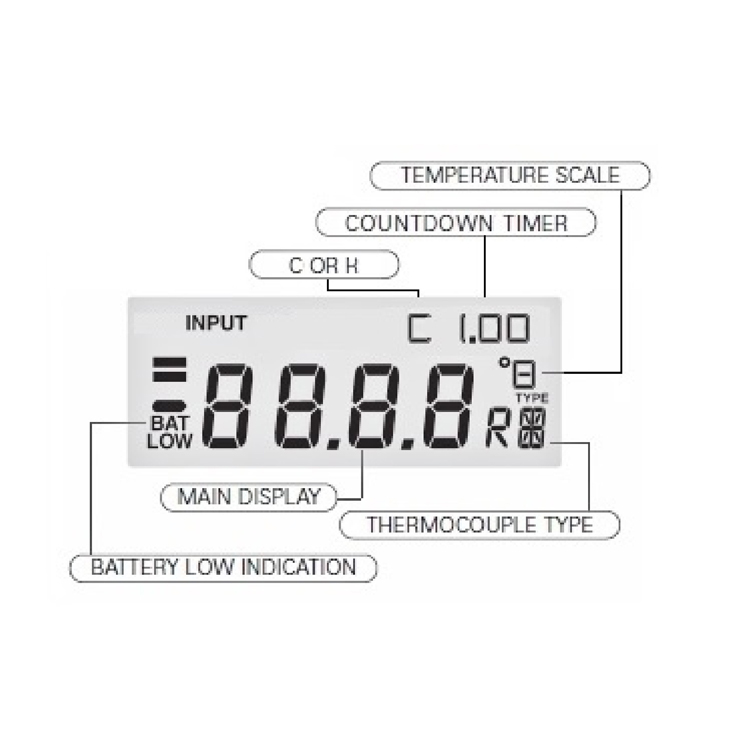
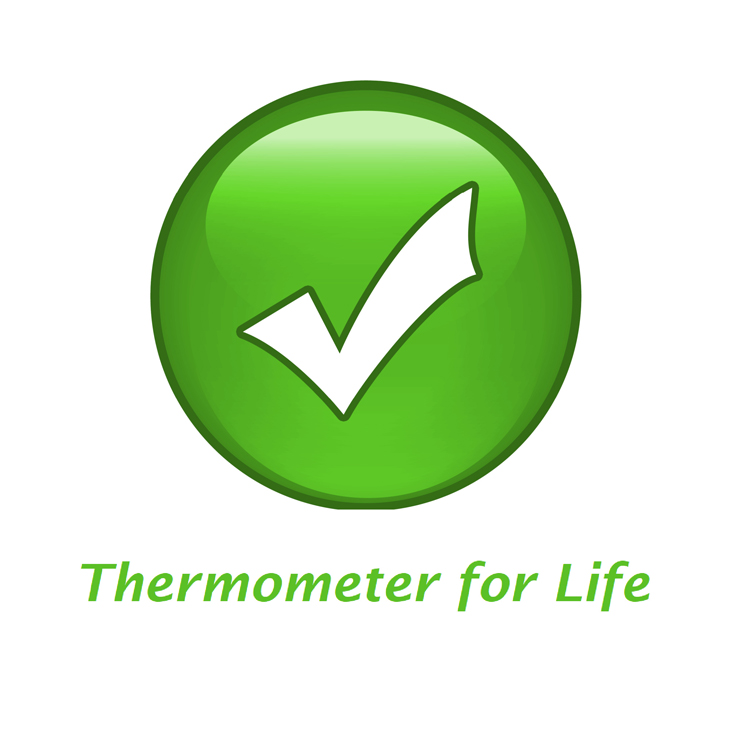
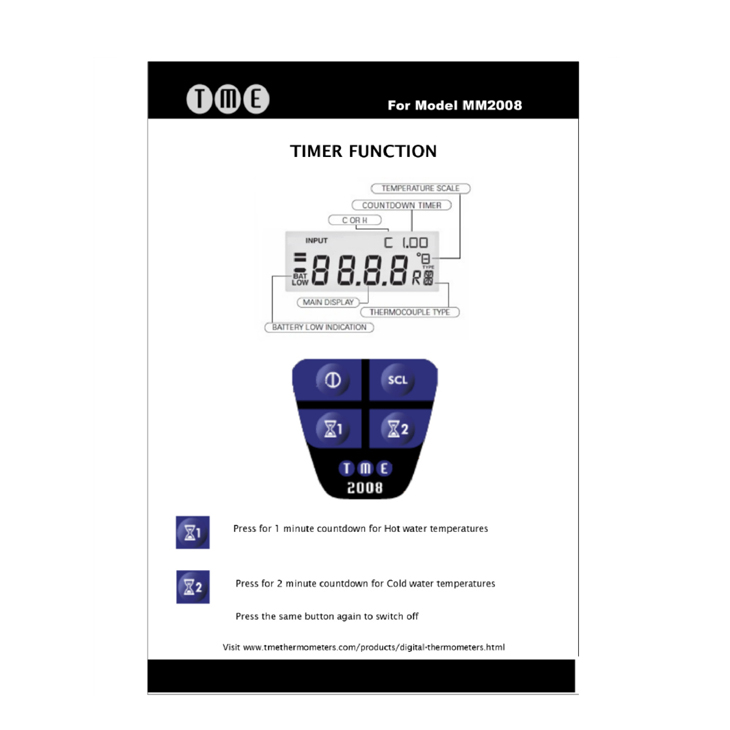
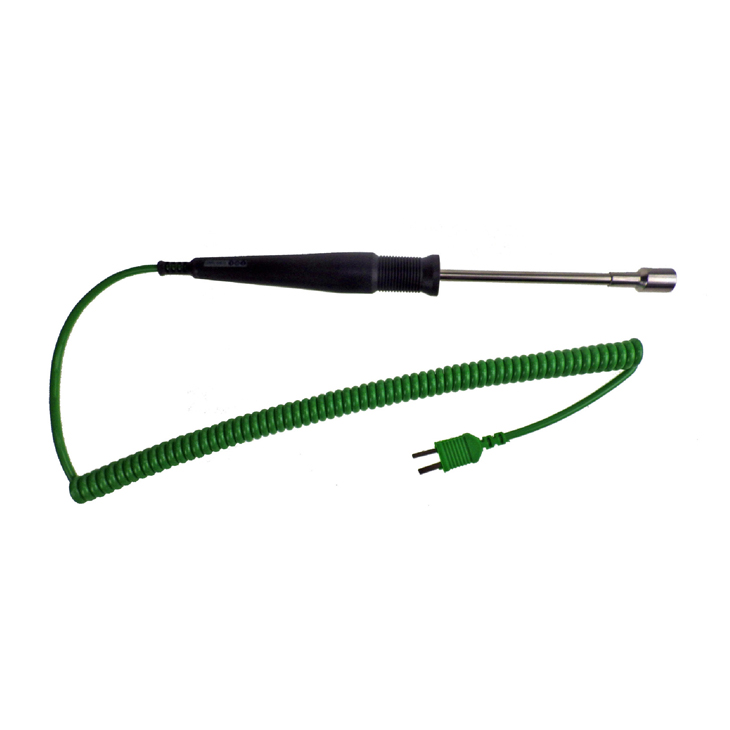
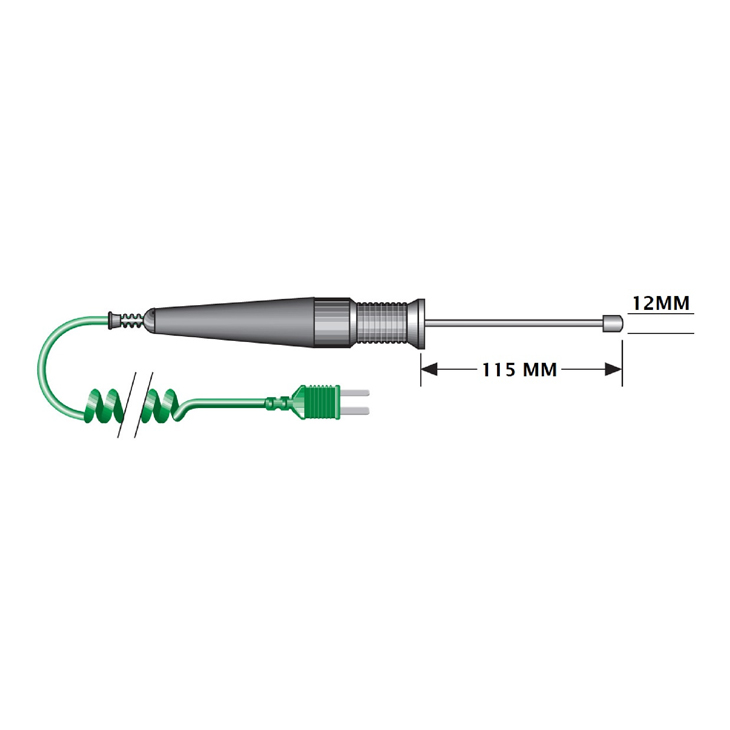
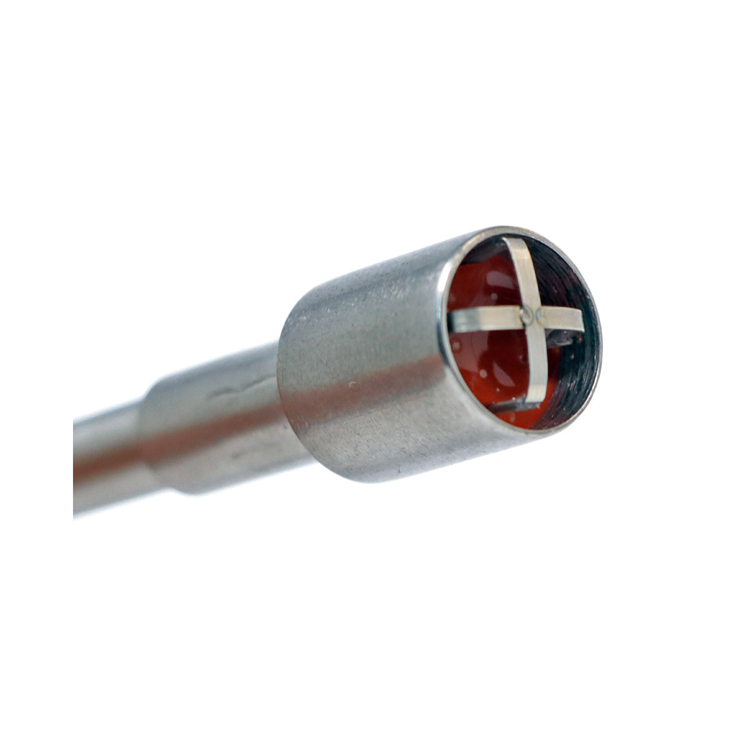
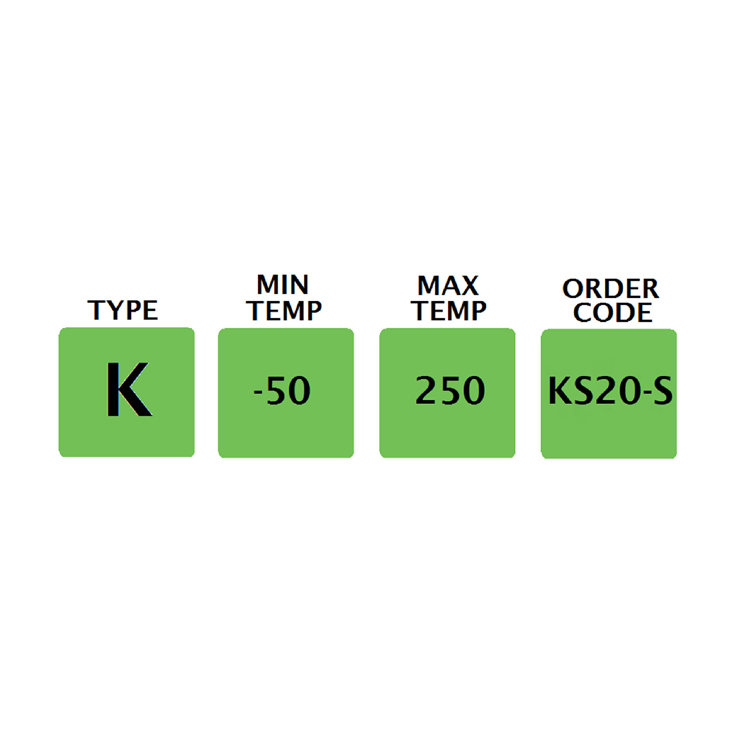
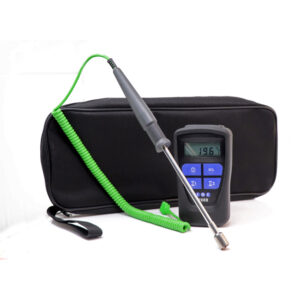
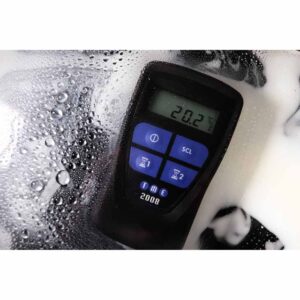
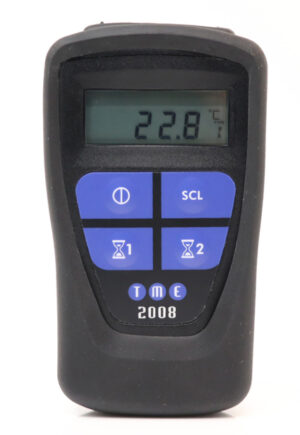
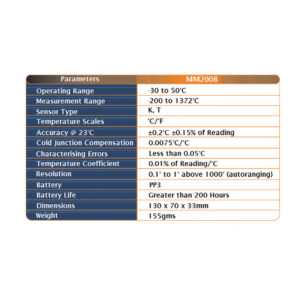
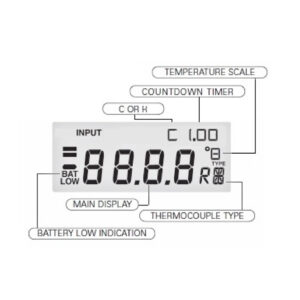
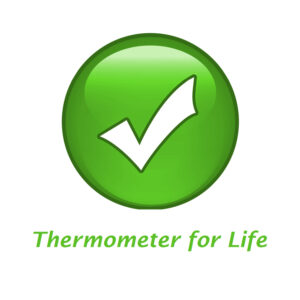
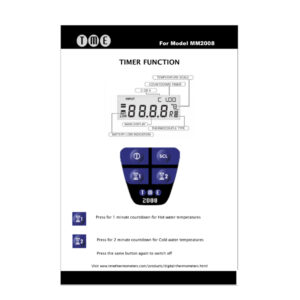
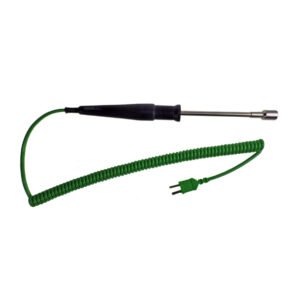
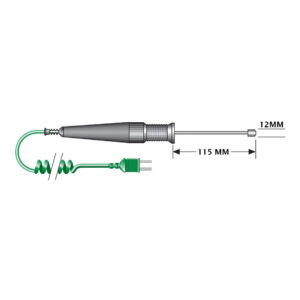
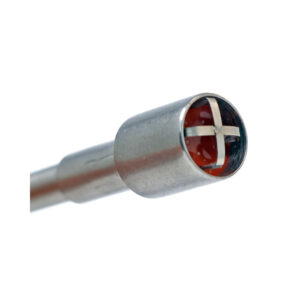
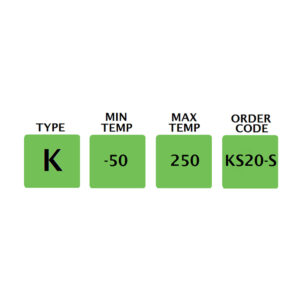
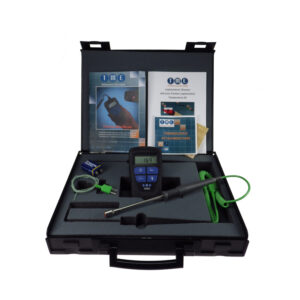
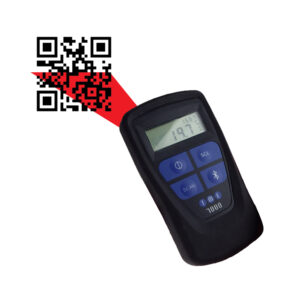
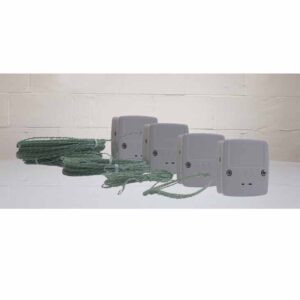
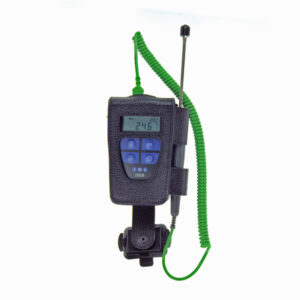
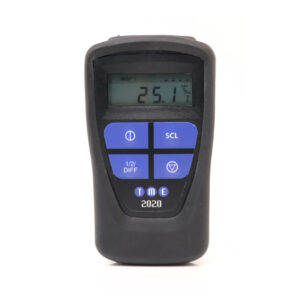
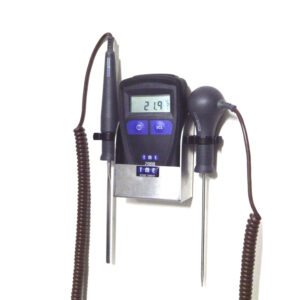
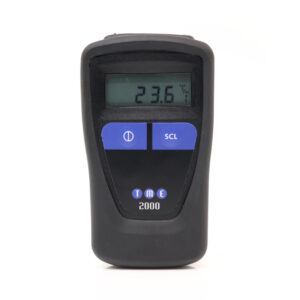
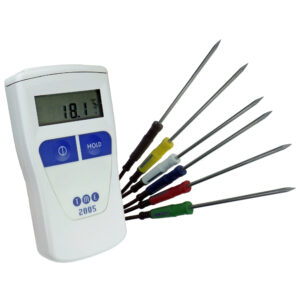
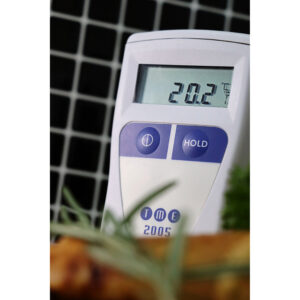
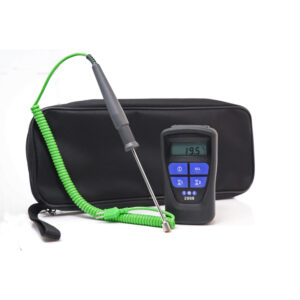
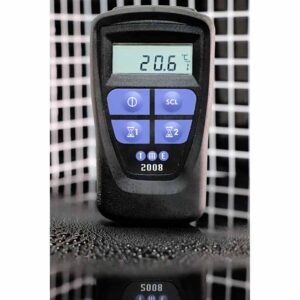

Cart